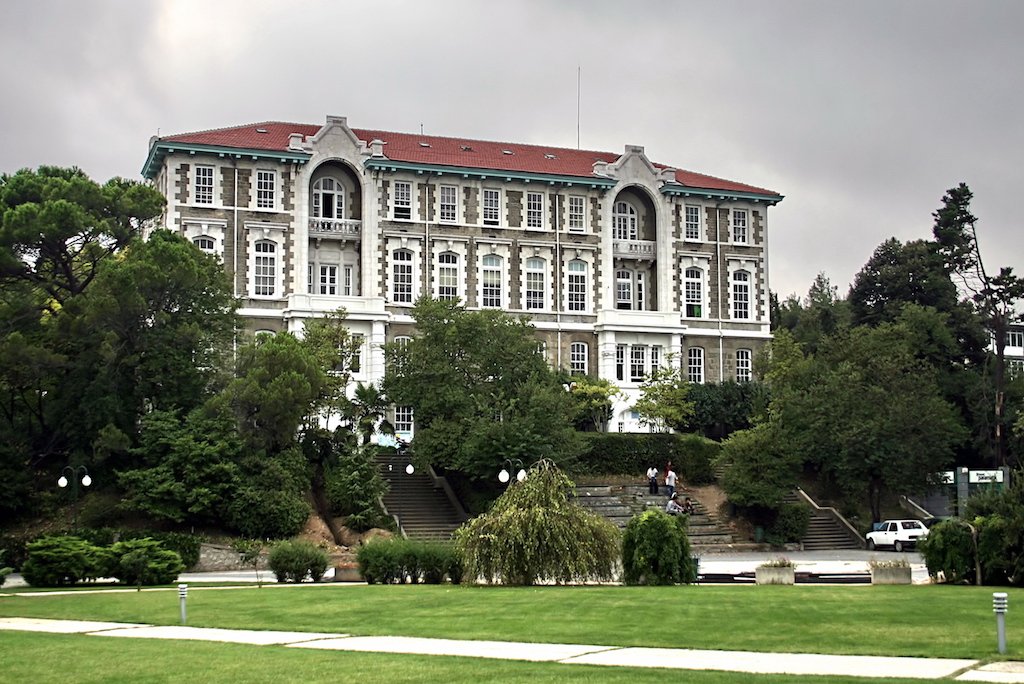Renowned anthropologist and academic Nükhet Sirman was detained by Turkish police on Saturday for her academic work, Turkish media reported.
Sirman, who is currently a professor at Istanbul’s Boğaziçi University, was detained because one of her research participants was allegedly under police surveillance. The exact accusations against Sirman have not been disclosed, and a gag order has been imposed in her case.
Sirman, who was detained in Istanbul, was taken to southern Mersin province for questioning.
Describing herself as a feminist, Sirman’s academic work centers on gender studies and ethnic conflict, among other themes.
Academics in Turkey and worldwide expressed outrage over Sirman’s detention, saying it was another blow to academic freedom in Turkey.
Journalist Andrew Finkel showed his solidarity with Sirman on social media. “The only thing she can be guilty of is being one of the best social scientists of her generation,” he said.
Cihan Tugal, a professor of anthropology at the University of California, Berkeley, and a former student of Sirman, said the charges were bogus and called for her immediate release.
Women’s rights activists also demanded the immediate release of Sirman, saying she was a true feminist and an invaluable member of the feminist movement in Turkey.
Academic freedom in Turkey has sharply declined in the past 15 years, putting the country in 164th place among 179 countries as of December 2023.
This downward trajectory in Turkey’s academic freedom is primarily linked to events following a 2016 coup attempt. In the wake of an abortive putsch, the Turkish government carried out a sweeping crackdown on the academic sector. The crackdown resulted in the dismissal of over 30,000 teachers and 7,000 academics, with many facing serious consequences such as legal action, loss of employment or imprisonment for criticizing government policies.
A significant factor in this decline was President Recep Tayyip Erdoğan’s 2016 decision to abolish intra-university elections for the selection of university rectors, a move that replaced a traditionally democratic process with direct presidential appointments. The policy has faced widespread criticism for undermining the independence of institutions of higher learning and centralizing control in the hands of the government.















